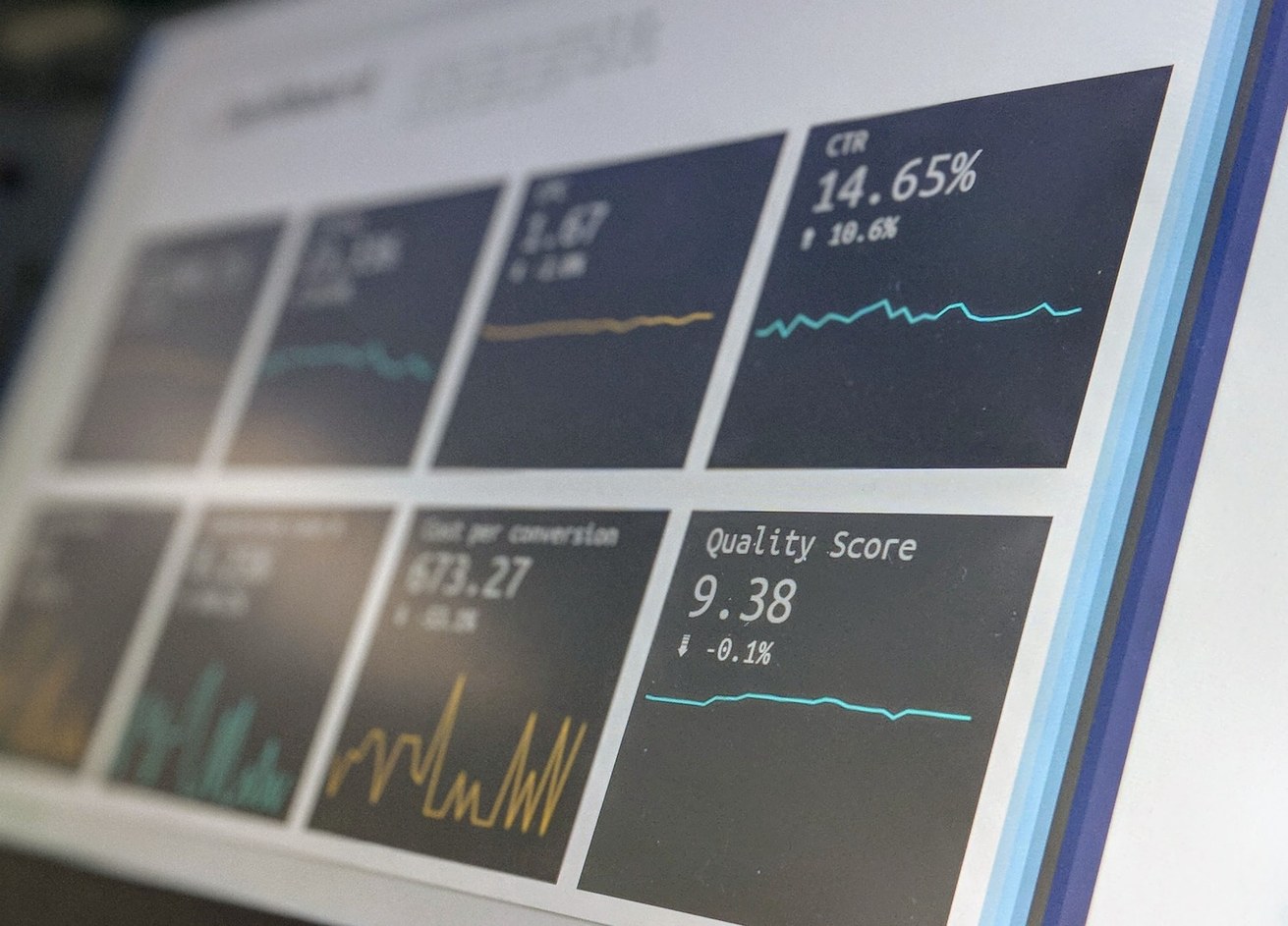
Institute for Information Systems Research
News
Job Advertisements
The Institute
The Institute for information systems (IS) research (german: Institut für Wirtschafts- und Verwaltungsinformatik - IWVI) currently consists of six professorships/research groups. The professorships are supplemented by a private lecturer, Dr. Andreas Engel (Chief Information Officer of Cologne City Council), who is a honorary professor for our institute in the area of Informatics in Public Administration.
Courses
The Institute for IS Research (IWVI) offers a diverse range of courses, seminars and internships as part of its studies and teaching through the participating professorships.

Detailed information regarding the availability of courses can be found in the preview schedule:

Research
Research Projects at the Institute
Contact
Postal address:
Universität Koblenz | FB4: Informatik
Institut für Wirtschafts- und Verwaltungsinformatik
Postfach 201 602
56016 Koblenz
Visitor address:
Universität Koblenz | FB4: Informatik
Institute for IS Research
Building A
Universitätsstraße 1
56070 Koblenz




